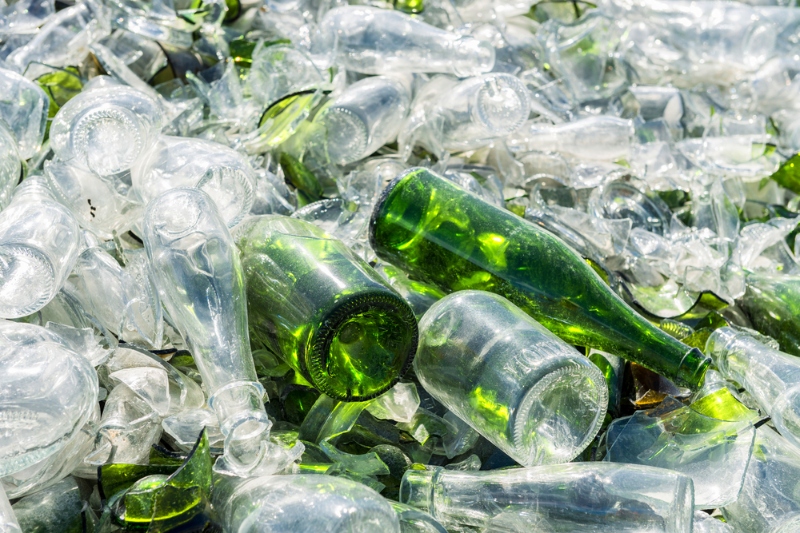Dave Dalton, CEO of British Glass, the UK’s trade body for glass manufacturers, explains why councils should consider the destination of their waste glass.


The export of recycled materials has been a contentious issue for several decades. Today, there are many companies offering a range of different waste disposal contracts to the public sector. However, there are still uncertainties around what happens to all of our recycling once it’s collected from local authorities.
Take glass, for example – a highly recycled material in households. Glass can be melted down to make new products and remoulded infinitely without ever reducing in quality. Waste glass that has been processed ready for recycling becomes cullet and demand for good quality cullet is always high, as glass manufacturers worldwide commonly use it to make new bottles, jars, windows, and fibre glass. British Glass calls on local authorities to consider the destination of collected waste glass to support the UK circular economy and industry decarbonisation efforts.
Unfortunately, a substantial 335,000 tonnes of glass are currently exported from the UK to mainland Europe every year. These exports are incentivised in part by Packaging Waste Recovery Notes (PRNs), and it’s possible that local authorities exploring waste management contracts may not be fully informed as to the final destination of their glass waste, resulting in recycled materials being exported when they could be kept within the UK.
Exporting glass cullet that could be used in domestic manufacturing has detrimental effects on the environment and economy. Last year alone, the UK export of glass cullet for remelt rose by 79,000 tonnes, a 31% increase compared to 2021, which in turn has been estimated to lead to a rise in UK site emissions of 52,000 tonnes of CO2 – and at an additional £8m in energy and carbon cost to the UK glass industry.
Data from British Glass has found that councils across London exported thousands of tonnes of unprocessed glass in 2022 through local authority waste management contracts, with boroughs such as Barnet, Camden, Enfield, Hackney, Haringey and Islington all found to be exporting excess amounts of unprocessed glass.
To leave the environment in a better condition for the next generation, local authorities need to consider the benefits of a circular economy, keeping resources in use for as long as possible while reducing waste and reliance on new virgin materials. Supporting the re-melt of glass in the UK is one of the most effective ways councils can do this, as it maintains the highest material value of the products for as long as possible, generating emission savings in production.
The Government can also place stronger focus on supporting local authorities with higher quality waste collections. This could be achieved through small steps, such as restricting comingled collections to containers only including glass, metals and plastics. Additionally, the Government should ensure that local authorities and major waste operators successfully introduce the digital waste tracking system once it is launched in 2025. This will enable businesses and local authorities to track what is happening to waste produced in the UK, where it is handled and processed.
As the representative body for the UK glass industry, we are calling on local authorities to consider the destination of collected waste glass to support the UK circular economy and industry decarbonisation efforts. There is an opportunity to make the most of high recycling rates of glass in the UK and ensure manufacturers have access to affordable recycled materials. Ensuring glass remains in the UK for collection, recycling, and production ultimately benefits both the environment and the local economy to a greater scale compared to more applicable glass waste being exported.
Sign up here to receive our free weekly news bulletin and quarterly e-book.